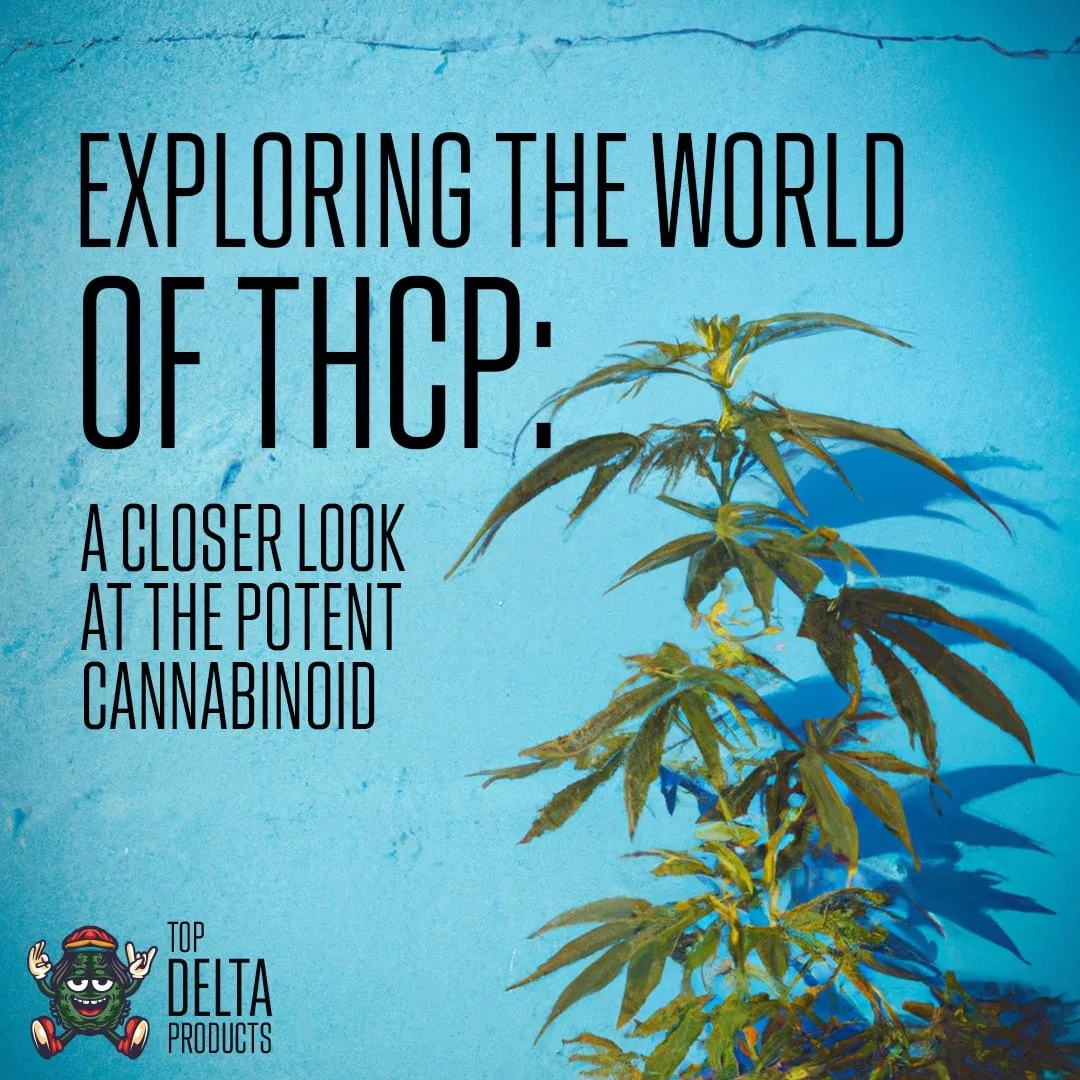THCP (Tetrahydrocannabiphorol) is a newly discovered compound found in the cannabis plant. Like THC, THCP is a phytocannabinoid (a compound found in plants) and is structurally similar to THC. However, THCP has been found to have a higher binding affinity to CB1 receptors in the brain, which means it may have a stronger psychoactive effect than THC.
So far, the studies conducted on THCP are limited, but the compound has been found to have potential therapeutic benefits. For example, research has shown that THCP may have a stronger anti-inflammatory effect than THC, making it a potential treatment for conditions such as arthritis. Additionally, THCP has been found to have a stronger appetite-stimulating effect than THC, which could be beneficial for patients undergoing chemotherapy or suffering from wasting syndrome.
It is also important to note that THCP is not yet fully researched and there is a lack of knowledge of its side effects and long-term effects. Therefore, more research is needed before it can be considered safe and effective as a medication. Additionally, THCP is not yet widely available in the market and is not legal in many countries, so its possession or use may be illegal.
In summary, THCP is a newly discovered compound found in cannabis that has a higher binding affinity to CB1 receptors than THC, which may result in a stronger psychoactive effect. While it has potential therapeutic benefits, more research is needed to fully understand its effects and safety profile. It is important to be aware of the laws in your country before consuming any cannabis products.
What is a COA?
A Certificate of Analysis, or COA, is an important document that verifies the quality and safety of …
Navigating the World of Cannabinoids
Cannabis plants contain a variety of chemical compounds known as cannabinoids. Among these compounds…
A Closer look at THCP: The Potent Cannabinoid
Scientists recently discovered Tetrahydrocannabiphorol (THCP) and it's gaining attention in the scie…


